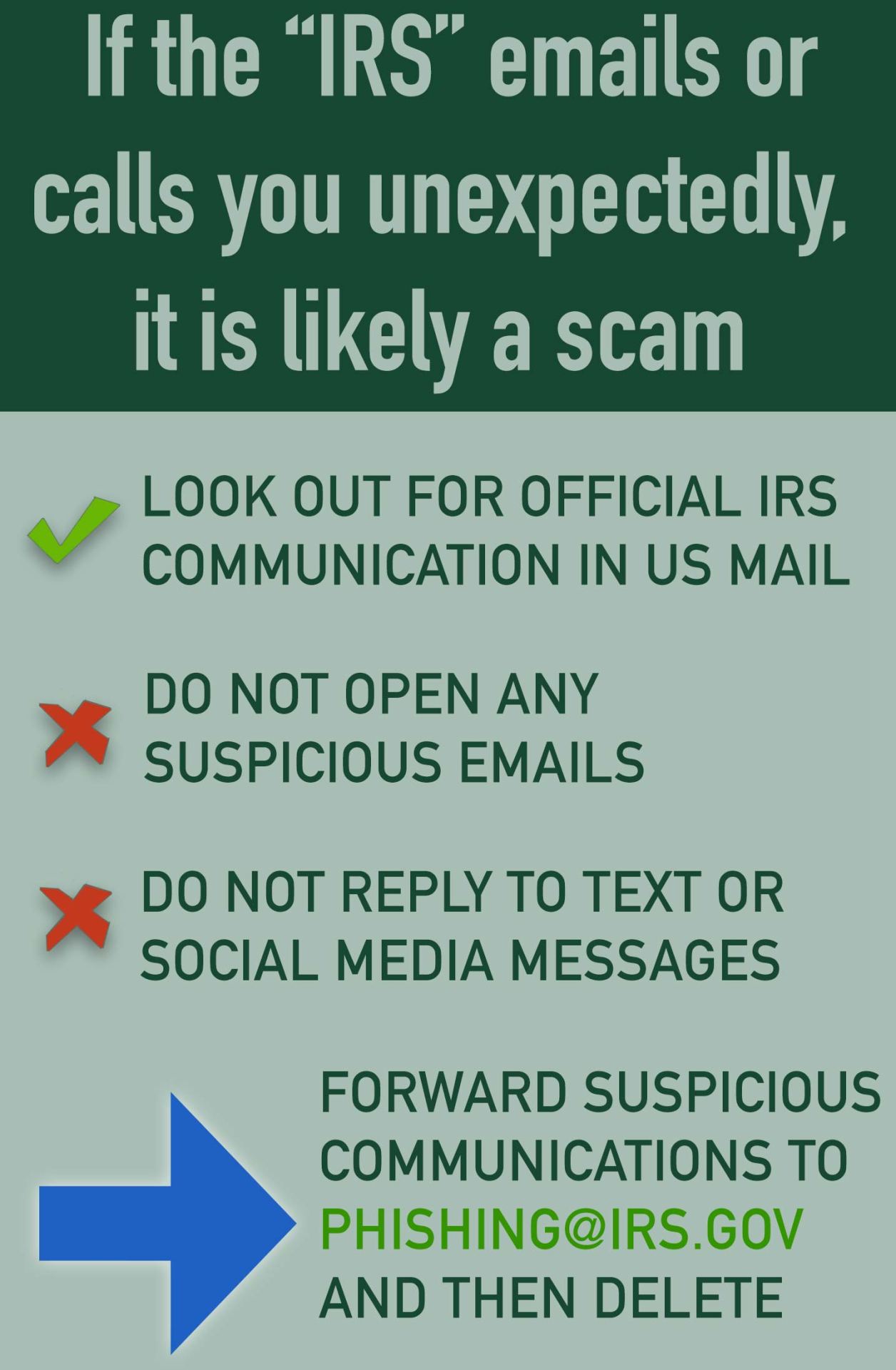Jared Siller Ramos
February 11, 2021

Besides getting your refund back sooner, there are lots of benefits to filing your taxes early. If you take too long to file your taxes, criminals may be able to file a fraudulent tax return in your name with stolen information. The thieves could then have your refund check mailed to a temporary address, or have the refund be direct deposited into a fraudulent bank account. The thief then withdraws the money before the bank realizes the account is fraudulent and walks away with your tax refund.
According to CNN Money article, the IRS paid out on 1.1 million potentially fraudulent tax returns in 2011, amounting to a $3.6 billion loss to scammers. Fortunately, the IRS also managed to stop millions of other fraudulent tax returns, which could have led to substantially higher damages. The victims of the successful fraud attempts often only discover that their identity has been stolen at the time of their legitimate filing, but it takes an average of three months for the IRS to correct the issue and get the victims their proper tax refund.
Unfortunately, it appears that these scams are on the rise, increasing your chances of being victimized. IRS data shows that between 2008 and 2012 that incidents of ID theft and tax fraud had increased more than 1000%. The trend is on the rise partially because tax fraud is just a small subset of the larger identify fraud industry. Thieves who used your information in a fraudulent tax filing could now sell your data to other crooks who are also looking for their next victim, further increasing their profits. The crooks who subsequently bought your information would then use it in healthcare, immigration, financial, or miscellaneous scams. These scammers could even create legal trouble for you by providing your name after getting caught performing a criminal act (in order to avoid prosecution).

Filing early is the simplest way of keeping your information safe, but there are other ways of minimizing your chances of becoming a victim. If you are filing in person with a professional, ensure your personal documents are kept in a safe place during the process. If you are done filing and do not need to keep the documents, shred them. If you are done filing and need to keep the documents, find a secure location for them where unauthorized parties would not have access.
After you have finished filing and storing your documents, you must still be attentive and keep an eye out for scammers trying to find a way in. If you receive any unexpected communication from the IRS, you can probably disregard it. Here is the IRS’s own wording on how they contact people:
“When the IRS needs to contact a taxpayer, the first contact is normally by letter delivered by the U.S. Postal Service. The IRS doesn’t normally initiate contact with taxpayers by email, nor does it send text messages or contact through social media channels.
Depending on the situation, IRS employees may first call or visit with a taxpayer. In some instances, advance notice is provided in writing via a letter or notice, but not always.”
If you have received a suspicious email or think you’ve fallen victim to a tax scam, head over to the IRS Report Phishing and Online Scams page to report your scam or find out how to proceed. You can also reach out to us at our contact page and we will assist you however possible.